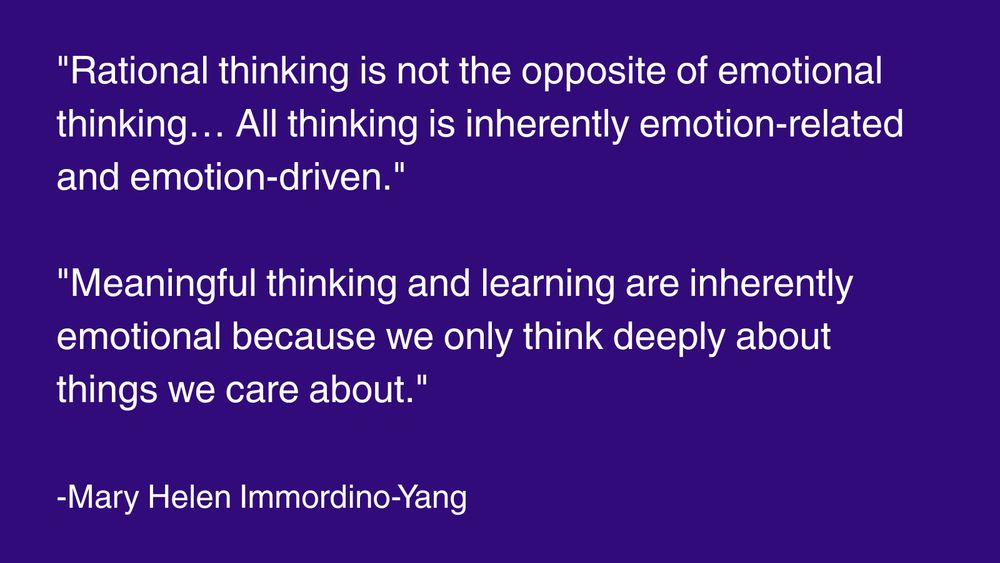Stephanie Simoes
@critikid.bsky.social
3.9K followers
2.2K following
790 posts
Founder of Critikid.com, a critical thinking site for kids and teens. Posting about:
- Science, data, and media literacy
- Clear communication
- Logic, puzzles, and paradoxes
Posts
Media
Videos
Starter Packs








